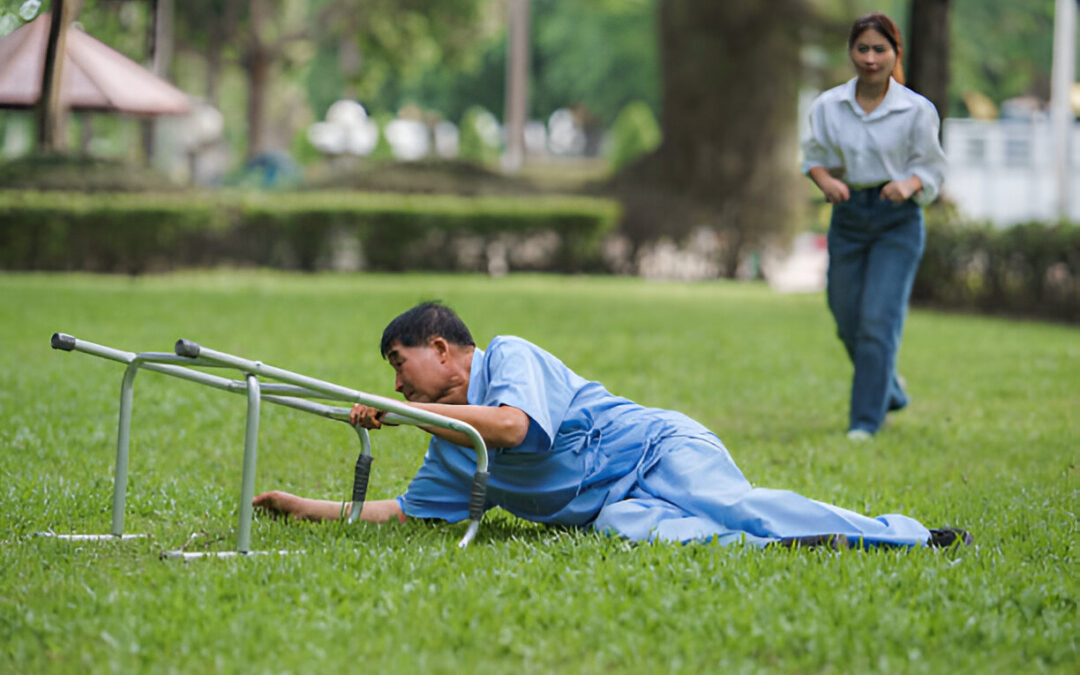Picture a scenario in a nursing home where a single caregiver is in charge of 15 residents during a hectic night shift. Now, picture a sudden emergency, such as a fall or a medical crisis, with only one set of hands available to provide aid. Regrettably, this situation is not merely theoretical; it is a stark truth for numerous nursing homes in Illinois. A 2023 Illinois Department of Public Health report revealed that numerous facilities have staffing levels well below the recommended standards, endangering vulnerable residents. The repercussions are extensive and frequently disastrous. What is the effect of inadequate staffing on the quality of care in Illinois nursing homes, and why is it important for you to be worried?
What Is the Scope of Staffing Shortages in Illinois Nursing Homes?
The problem of staff shortages in nursing homes is not a new issue. They have been a consistent issue nationwide, and Illinois is no different. Yet, the state of affairs in nursing homes in Illinois is especially dire. Factors that contribute are the COVID-19 pandemic, an aging population in need of more intensive care, and economic difficulties that hinder the recruitment and retention of skilled personnel. The state faces severe shortages of certified nursing assistants (CNAs) and registered nurses (RNs). The Illinois Department of Public Health has observed numerous facilities still have insufficient staffing levels, leading to frequent fines and penalties.
So, how does this appear in numerical form? Professionals recommend that one caregiver should be present for every six residents for an optimal staff ratio. However, numerous nursing homes in Illinois have difficulty meeting even fifty percent of that requirement. It is normal to observe ratios of one caregiver for every 15 residents during night shifts. The significant difference between the desired and existing staff numbers directly and deeply affects the quality of care provided to residents.
3 Consequences of Poor Staffing on Illinois Nursing Home Care
- Neglect and Delayed Care
Insufficient staffing frequently results in neglect, even if it is not deliberate. Providing prompt and attentive care to each resident becomes extremely difficult when there is a shortage of caregivers. What is the outcome? Medications are not taken as prescribed, emergencies are not attended to promptly, and the essential hygiene needs of residents are overlooked. Many in these facilities experience the harsh reality of waiting hours for assistance using the bathroom or drinking water.
Extended lack of attention can result in serious health outcomes. Residents could potentially experience the formation of bedsores due to prolonged immobility, as well as succumb to dehydration and malnutrition. These preventable conditions, which could be avoided with sufficient staffing, can rapidly become life-threatening emergencies.
More: 6 Signs You Need a Florida Nursing Home Neglect Attorney
- Increase in Medical Errors
Inadequately staffed nursing homes make medical errors more likely. When caregivers are under a lot of pressure, the chances of making mistakes increase greatly. They could give the incorrect medicine, misunderstand a physician’s directive, or miss essential signs of a sickness.
Mistakes like these can lead to disastrous results for individuals with challenging health conditions such as diabetes or heart disease. Making a small error, such as administering an incorrect amount of insulin or overlooking symptoms of a heart attack, could result in death. The likelihood of these mistakes is even higher in Illinois nursing homes, where there is already a staff shortage.
- Higher Risk of Abuse
It is a difficult reality, but it must be acknowledged – having too few staff members can raise the chances of abuse occurring in nursing facilities. If employees work too much and feel extremely stressed, it can result in burnout, frustration, and, sometimes, mistreatment of residents. This can be verbal abuse, physical aggression, or disregard.
Additionally, with a reduced number of employees responsible for overseeing and attending to residents, instances of abuse or mistreatment could potentially go unnoticed and unacknowledged. Studies demonstrate that nursing facilities with decreased staffing levels have a higher likelihood of encountering incidents of resident abuse. This problem becomes more complicated in Illinois facilities with existing notable staff shortages.
Contact the Illinois Nursing Home Attorneys at Pacin Levine, P.A. Today!
You don’t have to face this alone if you or a loved one has been affected by poor staffing in an Illinois nursing home care. At Pacin Levine, P.A., our team of experienced nursing home abuse attorneys is here to help you navigate this challenging situation. We understand the complexities of nursing home care laws and can provide you with the guidance and support you need to seek justice and compensation. Contact us at 1-800-24-7-CRASH (2727) to discuss your case and explore your legal options. Don’t wait—reach out today to protect the rights of your loved ones.



